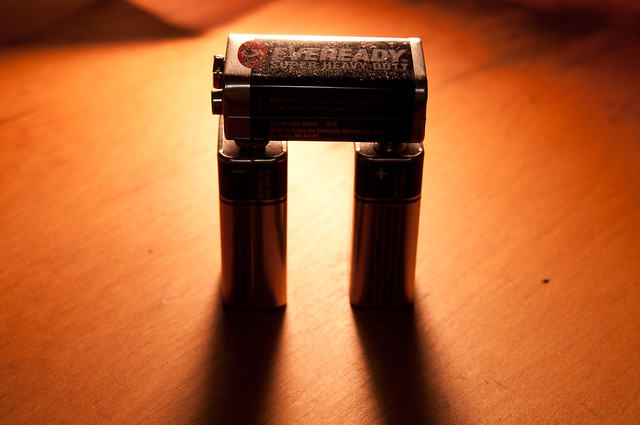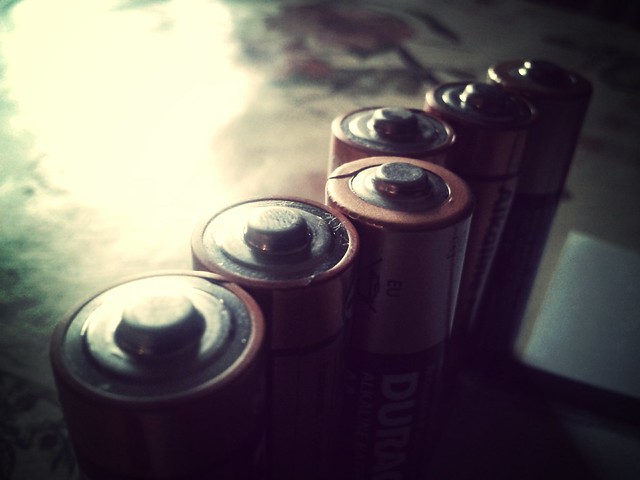How to Dispose of Damaged Lithium-ion Batteries
Aug 25, 2020 Pageview:4060
There is no denying lithium batteries are superior to other chemistries in the world. If you are familiar with chemistries like alkaline, then you understand how heavy they can be. And that is one advantage of lithium batteries. The light, carry more power and have a longer life. This makes the best battery technology with a continually rising demand.
Many of these batteries are small as well as button-shaped, used in watches, digital cameras, and other consumer appliances. But there are other specialized batteries for scientific, military,special and commercial uses.
Lithium batteries is a term used as an umbrella for a wide group of cells. There are two sub-divisions:
· Rechargeable batteries designed with salts of lithium
· Non- rechargeable made with lithium metal
Lithium-ion (Li-ion) batteries are rechargeable. They are mostly used in phones and laptops. Recently larger versions are being manufactured for electric cars and renewable energy storage systems. There are more than 80 different chemistries for Li-ion batteries today.
When these batteries get damaged, you are advised to dispose of them. There is a particular way to eliminate them.
Can I throw away a damaged lithium-ion battery?
You are advised never to throw away lithium-ion batteries. There are several reasons why recycling maybe your best option. Consider the following:
Some of the devices are bonded with the cells. This means removing them will be harder than you can imagine. If you decide to throw away the battery, it may mean you will be throwing the device as well.
You can damage the battery during dismantling. You will need a specialized dismantling tool to save your battery as well as your device. There have been situations where one is forced to dispose of their device because they failed to remove the cells well.
Li-ion batteries have very high exothermic reactions. There have been reports of many fires staring and causing severe damage because someone left the batteries unattended.
If you threw away the batteries in a condition that cause damage to the environment through fires, it might not end well. The chemicals inside are highly reactive, thus throwing them with other, possibly flammable materials can cause more risks.
To throw them away from safety, there are specific considerations to put in place. The first step is to discharge the battery to reduce the risks of fires completely. Besides this, complete discharges eliminate the release of toxic fumes which are bad for the environment.
There are several better ways to deal with these batteries.
· Recycling. This is the best way to get rid of them. But it is only permitted in treatment facilities where they have the best tools for the job.
· The second option is to drop them at collection centers. Some shops take damaged batteries for recycling or disposing of.
As a user, you need to understand how to take care of your batteries. Exposure to temperature causes the cells to degrade faster.
Are lithium-ion batteries hazardous waste?
All lithium batteries are a threat to the household environment. More so, lithium-ion batteries have to carry the most risks.
Perhaps you have seen this in a garbage truck. You may have noticed flames coming from the top. Such videos have circulated over the internet. One of the biggest causes of such is damaged lithium-ion batteries when thrown out with regular garbage.
The batteries contain a small amount of flammable liquids. They can superheat in a situation where the battery is exposed to extreme heat, damaged, or short-circuited. A chain of reaction is initiated, resulting in a massive battery failure.
Lithium batteries can smoke heavily, spark, and even catch fire. In extreme cases, they can explode and harm people and properties around them.
Try traveling with lithium batteries on a plane, for instance. Among the airport packaging regulations, you must package them in a container labeled with a hazardous product sticker. And they cannot only be transported in a cargo plane and not a passenger one.
So, you need to be very careful when disposing of these batteries. They have brought down planes because someone forgot to package them well. And they have caused severe damage to the environment for the same reason.
How do you dispose of a damaged lithium-ion battery?
Note that disposing of lithium batteries is a process that requires a keen eye. The easiest way to do this is to call professionals. There are companies specialized in getting rid of such hazardous products; they can take the burden from you.
If you must do it yourself, here are dos and don’ts :
Do
· Remove the batteries from the device. Make sure they are kept far before material recovery.
· Find help in case the batteries are not easy to remove. Many of the consumer devices today come with built-in batteries. They are bound together, and removing them is hard. Get a specialist with proper permits to help.
· Have insulating materials on the terminals and wires. This helps prevent short-circuiting.
· Package the battery in approved barrels. There are UN-approved boxes for packaging swollen, leaking or damaged batteries.
· The package leaking or swollen batteries in plastic.
· Consider the recycling companies in your area. Go online and search for the one near you. They will know what to do with such items.
· Ensure you buy quality batteries for replacement. Not every product you see on the market is genuine.
Do not:
· Dispose of lithium-ion batteries with other waste
· Physically abuse the batteries in a matter that can cause more damage when the electrodes touch.
· Mix good and damaged
· Put together batteries in large numbers. You need proper segregation to prevent higher chances of fire hazards.
· Expose the batteries or devices with having the batteries in a process that it’s not meant for.
· Store unused Li-ion batteries inside. This can increase the risks of short-circuiting.
Final thought
Dispose of lithium-ion batteries alone. Disposing of them with other chemical/industrial waste can be hazardous. They contain different chemicals that can cause pollution. They are highly reactive, and controlling them can be very hard. Finally, they contain a thin polypropylene which keeps electrodes from touching. And therefore, consider proper disposal methods as stated above.
- Prev Article: How to Test Lithium Batteries With A Multimeter
- Next Article: How to Rebuild A Li-ion Battery Pack
Leave Message
Hottest Categories
-
Hottest Industry News
-
Latest Industry News











